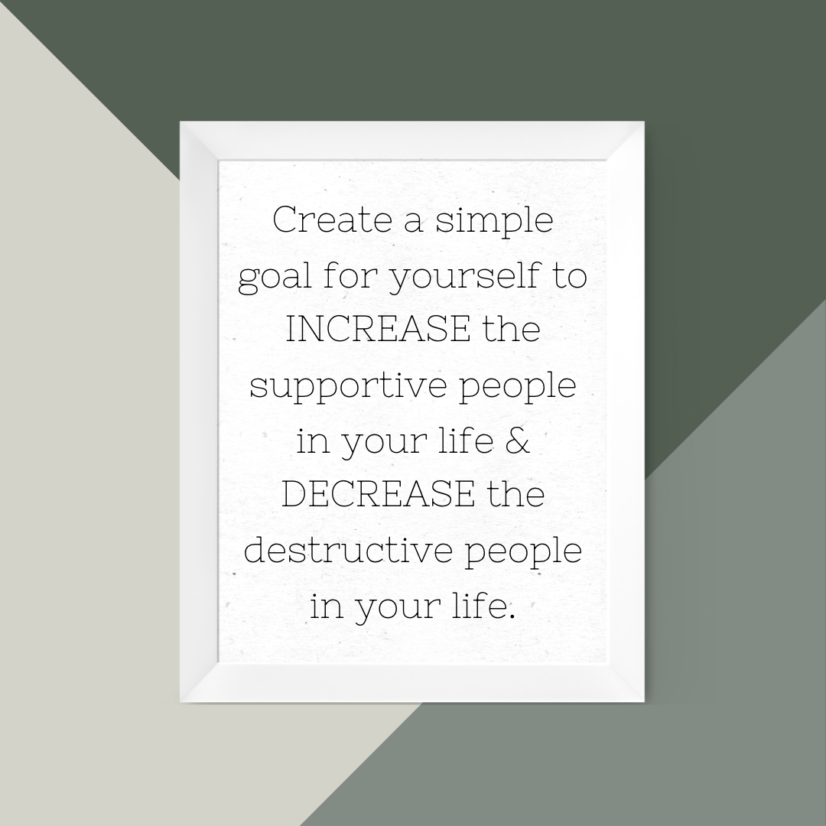The holidays can be very triggering for those who are seeking out a lifestyle of recovery from substance abuse or with PTSD. Holidays usually include family, celebration, and parties – all of which are a recipe for relapse or re-traumatization if one is not actively leaning on their support network.
Before going into the upcoming holidays, it’s important to know how to classify the people in your support system. Are they supportive, neutral, or destructive? We will look at the following characteristics below in order to answer this question:
- Supportive people help your recovery. They truly care, listen without judgement, never offer substances if you ask them not to, want to help you get better, and believe you about your trauma.
- Neutral people neither help nor harm your recovery. They may be too involved in their own lives to support, may not know how to support, or are basically good people who don’t want to hurt you.
- Destructive people harm your recovery. They undermine you, they offer you substances after you tell them not to, they abuse you emotionally or physically, they tell you to “just get over it,” they blame you, judge you, criticize your attempt to get treatment, and may tell you the trauma never happened.
Take some time before the Christmas season to make a list of all of the people in your life that have some influence over you and try to sort them into the prior three categories.
The more you are able to be honest with yourself about the people in your life, the more you will be able to find the support you need to recover from substance abuse and/or PTSD.
After you have made your list create a simple goal for yourself to INCREASE the supportive people in your life & DECREASE the destructive people in your life. It may be hard at first, but in the long run you will be glad you did. If you notice you have a hard time taking the action steps to begin making these changes, reach out to a therapist to support you in this process!
Resource Used: Seeking Safety by Lisa M. Najavits, a treatment manual for PTSD and Substance Abuse
Written by: Betty Gebhardt

